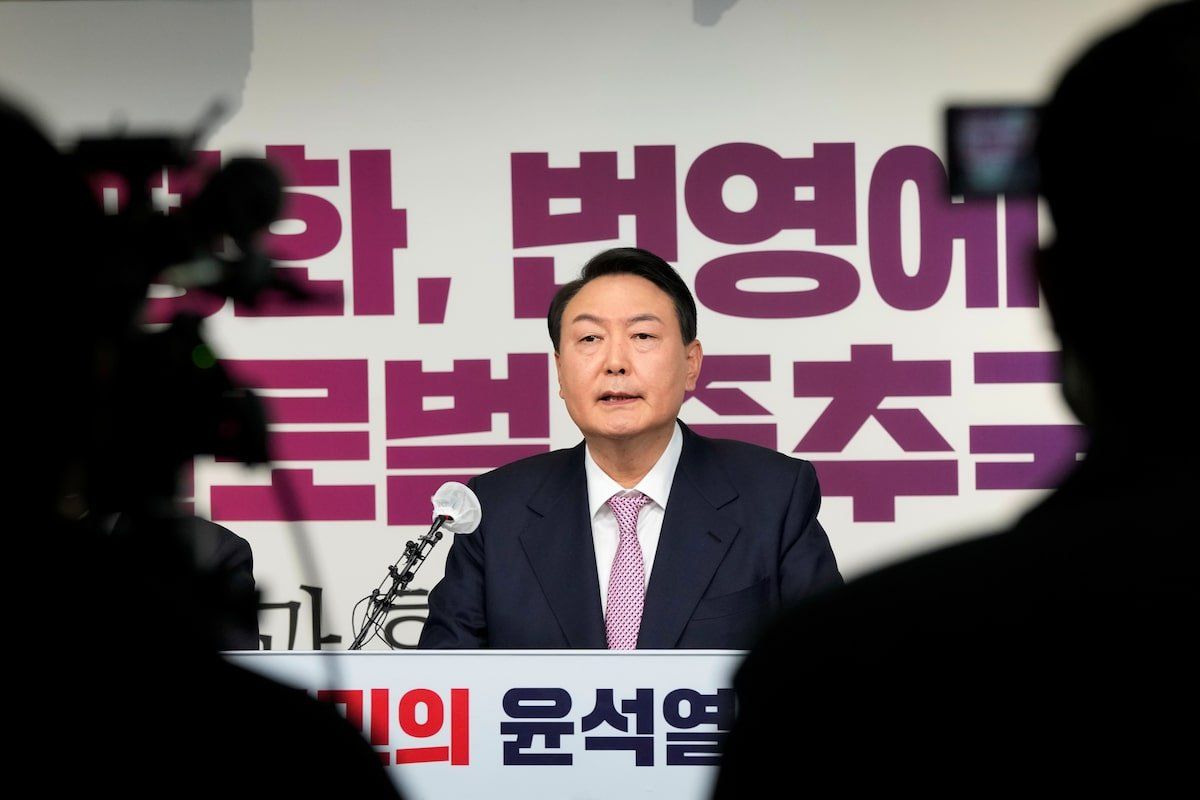Well, if North Korea is going to cozy up to Russia like that, South Korea isn’t going to just sit there, is it?
No, it’s not. Following Russian President Vladimir Putin’s trip to Pyongyang on Wednesday, where he and North Korean Supreme Leader Kim Jong Un celebrated their “fiery friendship” and inked a new strategic alliance, Seoul said it could start sending weapons directly to Kyiv to help Ukraine repel Russia.
That would mark a dramatic change from South Korea’s current policy of supporting US and EU sanctions against Russia while arming Ukraine only indirectly – by selling high-tech weaponry to Poland, which in turn has sent its own, Soviet-era equipment to Ukraine.
Kyiv, for its part, is keen to secure more firepower as Russia grinds its way deeper into Eastern Ukraine. These weapons “could have a meaningful impact on battlefield dynamics and potentially cause Moscow to reconsider the cost at which its burgeoning partnership with Pyongyang has come,” says Jeremy Chan, an East Asia expert at Eurasia Group.
Putin did not take kindly to the announcement, warning South Korea that arming Ukraine would be "a big mistake" and that Moscow "will... [make] decisions which are unlikely to please the current leadership of South Korea" if Seoul proceeds.
Meanwhile, Korean peninsula tensions are growing, as Seoul deepens its military coordination with the US and Japan, while Pyongyang has been testing more missiles and, of course, sending those gifts of garbage and excrement across the 38th parallel.
